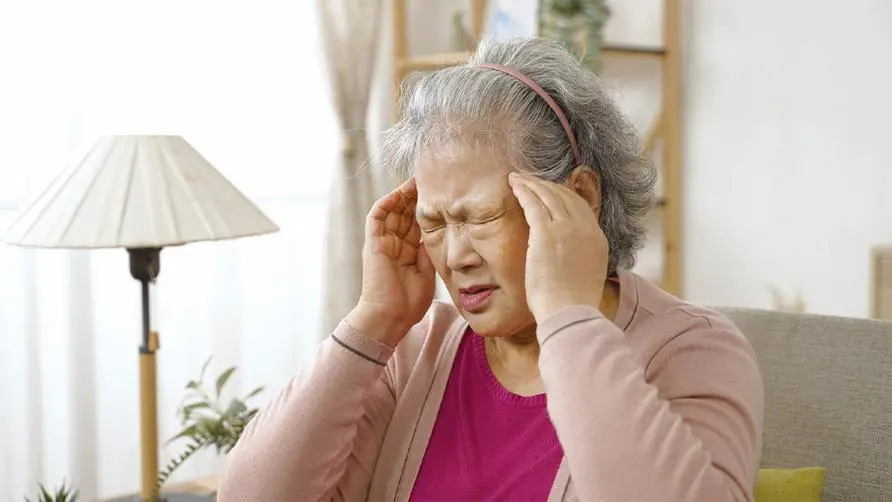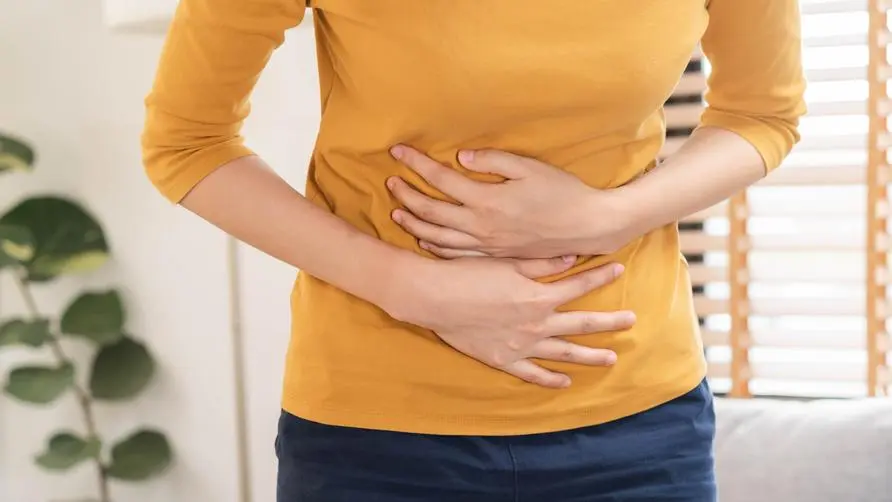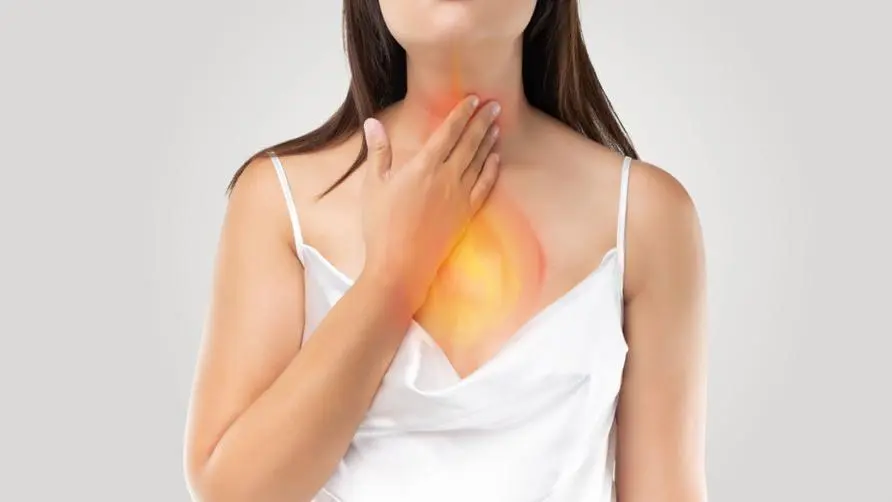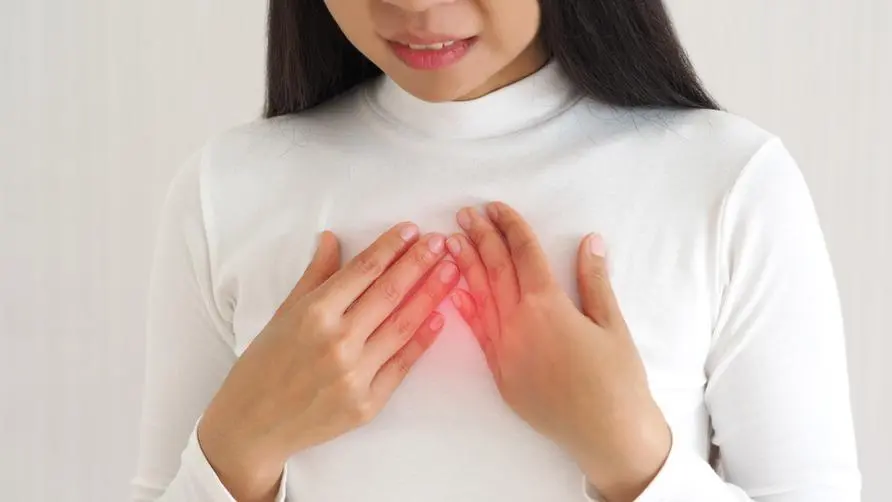How to solve the problem of "bloating" after eating too much? Taiwan Food and Drug Administration reveals 5 tips: You can improve gas without taking medicine
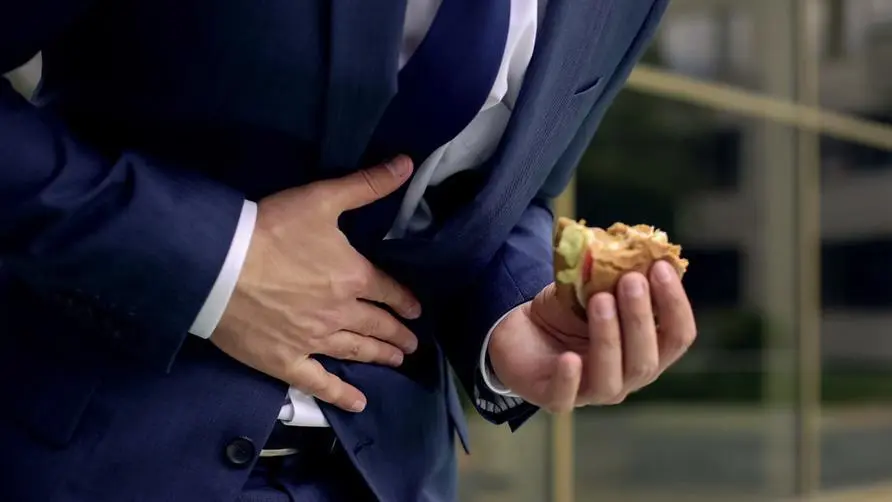
Modern people’s lifestyle of eating more and eating more, sitting more and moving less has given rise to many annoying civilization diseases. Among them, the problems of “flatulence” or “gastroesophageal reflux” caused by bad eating habits have troubled many people who eat out and socialize. clan. The Taiwan Ministry of Health and Welfare, Food and Drug Administration pointed out that habitual overeating or excessive intake of high-fat and high-sugar foods may cause abnormal gastrointestinal function and cause uncomfortable symptoms, thereby affecting the quality of life.
How to solve the problem of “bloating” after eating too much? Taiwan Food and Drug Administration reveals 5 tips: You can improve your health without taking medicine
Taiwan Food and Drug Administration explains that gas will exist in the human digestive tract. These gases come from swallowing air when swallowing, differences in food types, or the process of food digestion and decomposition. When gas is in the gastrointestinal tract, the body will discharge it moderately through burping or farting. However, if the gas is too large and cannot be discharged normally, flatulence will occur, causing people to feel abdominal distension and discomfort, nausea, vomiting, and even abdominal cramps and cramps.
There are many causes of flatulence. If the flatulence is caused by a disease, you should consult a professional doctor for correct and effective treatment. However, if the etiological factors are excluded, relief can be achieved through the most basic dietary habits:
Avoid overeating: Try not to eat too much or too much at each meal to reduce gas production. When you feel uncomfortable with bloating, you can also consider reducing the amount of food you eat.
Avoid gas-producing foods: There are many types of gas-producing foods, including foods with high starch content, foods that are difficult to digest, or foods made by fermentation. You should reduce the consumption of foods that are prone to flatulence according to your own body constitution. If you feel uncomfortable due to flatulence, it is recommended that you stop consuming coffee, alcohol, dairy products, carbonated drinks, foods high in oil and sugar, and sugary drinks.
Avoid swallowing air: Try to minimize conversations during meals, and chewing slowly can also reduce the occurrence of flatulence.
Moderate exercise habits: This does not mean strenuous exercise after meals, but stretching, yoga, walking and other soothing exercises to help digestion and relieve flatulence.
Regular bowel habits: When too much feces accumulates in the stomach, you will feel bloated and uncomfortable. Developing a regular defecation schedule will help gastrointestinal motility.
The Taiwan Food and Drug Administration reminds everyone that their gastrointestinal peristaltic function is different and their tolerance to flatulence is also different. If the flatulence is not caused by other diseases, in addition to trying relief methods, you can also consult a pharmacist to use over-the-counter medicines to relieve flatulence. Among them, the ones that relieve flatulence are Ingredients such as Dimethicone and Simethicone act like surfactants to reduce the surface tension of bubbles and change the bubble tension in the digestive tract. The bubbles will burst more easily and be expelled through burping or farting, thereby alleviating the discomfort of flatulence.
High stress and disordered work and rest are all risk factors! What are the causes of gastroesophageal reflux?
In addition to gas problems, gastroesophageal reflux also often plagues young people. When gastroesophageal reflux occurs, symptoms include chest tightness, chest pain, foreign body sensation in the throat, acid overflow or chronic cough, which can even lead to difficulty breathing and sleep problems. Taiwan Food and Drug Administration pointed out that there are many reasons for gastroesophageal reflux, such as high work pressure, abnormal work and rest, incorrect eating habits, smoking and drinking, the influence of drugs or diseases, etc., as well as obesity, pregnancy and other factors that can also cause gastroesophageal reflux. High pressure can easily lead to acid reflux.
In addition, when eating, in order to allow food to flow downward into the stomach, the lower esophageal sphincter located at the junction of the esophagus and the stomach will relax. However, if the lower esophageal sphincter relaxes, the gastric acid in the stomach will flow back into the esophagus. Cause damage to the esophagus. The public is reminded that if there is occasional or mild gastroesophageal reflux, it is recommended that you start by adjusting your diet and improving your living habits.
Lying down immediately after eating may aggravate the symptoms! 6 more things to do to relieve gastroesophageal reflux
To prevent gastroesophageal reflux attacks, you should first avoid spicy or high-fat and high-sugar foods, as well as excessive consumption of any processed foods. Furthermore, bad habits such as smoking and alcoholism should be avoided; excessive drinking of coffee, carbonated drinks and other beverages should be avoided, especially 1-2 hours before going to bed. In addition, patients should maintain a normal daily routine and avoid staying up late; most importantly, they should avoid lying down immediately after eating to avoid aggravation of reflux symptoms.
Taiwan Food and Drug Administration reminds that when the symptoms of gastrointestinal discomfort are mild, you can consider using over-the-counter drugs to relieve them (drug ingredients are mainly used to neutralize or slow down gastric acid or reduce gastric acid secretion). However, the fundamental solution is to improve living and eating habits. If the symptoms are not relieved after taking the medicine, and symptoms such as abdominal pain, diarrhea, and vomiting continue to occur, or even long-term reflux may cause gastric acid to erode the esophagus and throat, causing ulcers, bleeding, and even other diseases, you should seek medical attention immediately for further examination and treatment. .
Source:
Extended reading:

